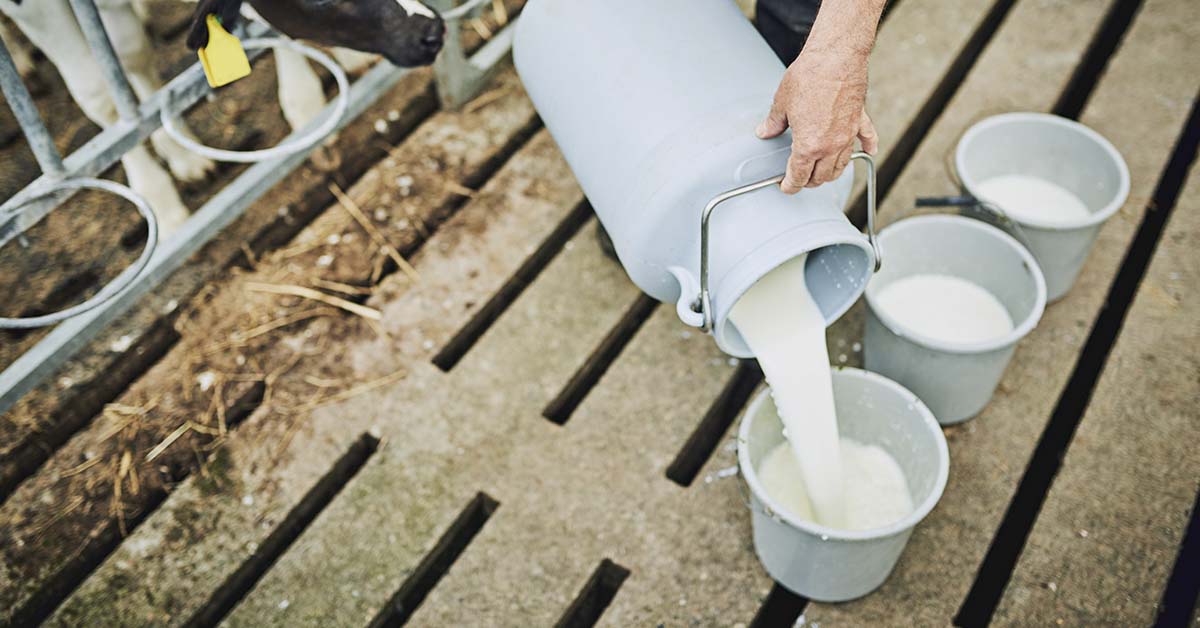Raw milk has become a popular breakfast choice for health-conscious families, but you can’t buy it in grocery stores across most of America. There are twenty states have banned the retail sale of unpasteurized milk, even though it’s available at farmers’ markets in some areas. Federal health agencies warn that unpasteurized dairy can cause serious illness, including paralysis and kidney failure. Between 1998 and 2018, unpasteurized milk caused more than 200 outbreaks affecting 2,645 people and requiring over 220 hospitalizations, according to health data. Here’s how different states handle this controversial breakfast item.
Where Raw Dreams and Milk Laws Collide
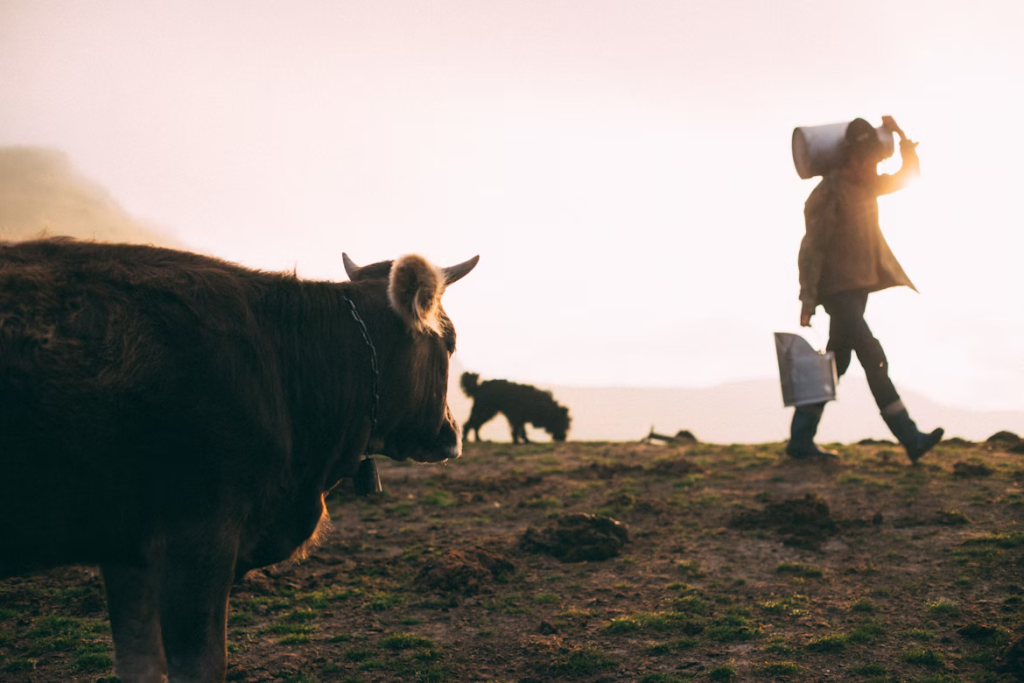
These five states allow no access to unpasteurized milk whatsoever. New Jersey, Maryland, Delaware, Massachusetts, and Wisconsin have closed every possible loophole. Maryland even banned cow-share arrangements that let people “own” part of a dairy animal. Health departments here target anyone trying to distribute unpasteurized milk because it can harbor dangerous pathogens like E. coli, Salmonella, and Listeria. Unpasteurized dairy also harbors Campylobacter, Brucella, and Cryptosporidium. These pathogens can cause hemolytic uremic syndrome and Guillain-Barré syndrome, leading to paralysis, kidney failure, or death. Children under 5, adults over 65, pregnant women, and immunocompromised individuals face the highest risk. Fines reach $1,000 in New Jersey, and officials treat violations as serious food safety issues that can result in criminal prosecution.
Read More: Foods and Beverages With Strict Restrictions or Bans in the U.S.
The Loophole Dancers
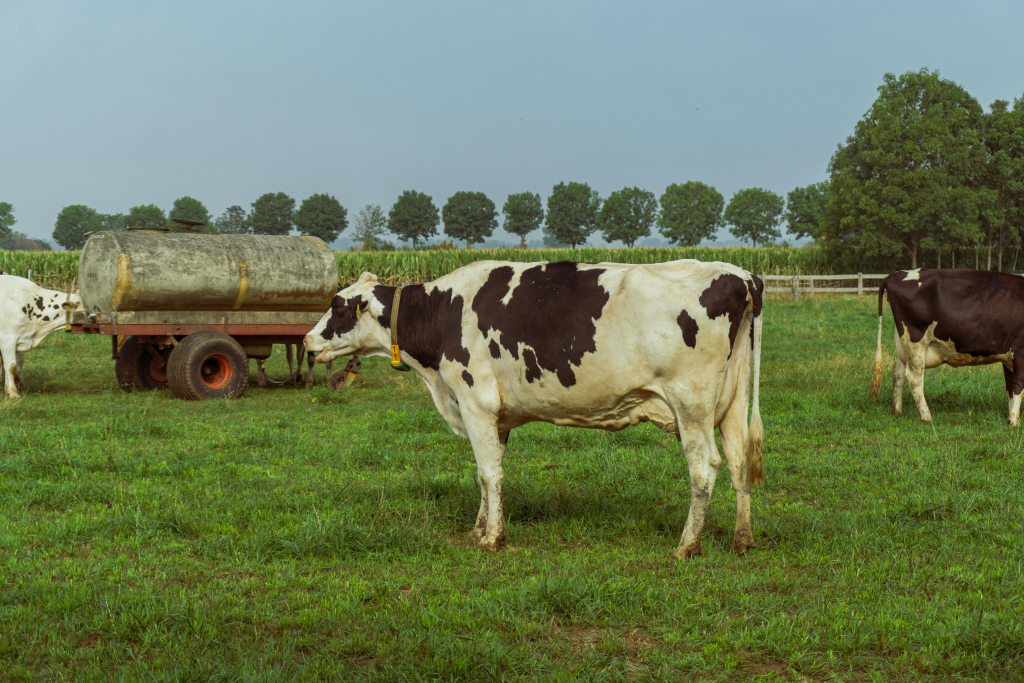
Ohio, Michigan, North Carolina, and Colorado prohibit direct milk sales but allow herd-share distribution. Under these arrangements, consumers purchase partial ownership of dairy animals and receive a portion of the milk produced. Ohio permits herd shares through court decisions after legal challenges. Michigan created an official state policy allowing these shares for milk and cream. North Carolina, however, banned direct sales yet carved out an express exception for cow shares. Colorado requires state registration and warning labels for these ownership programs.
Get Your Milk the Raw Way: Direct Only
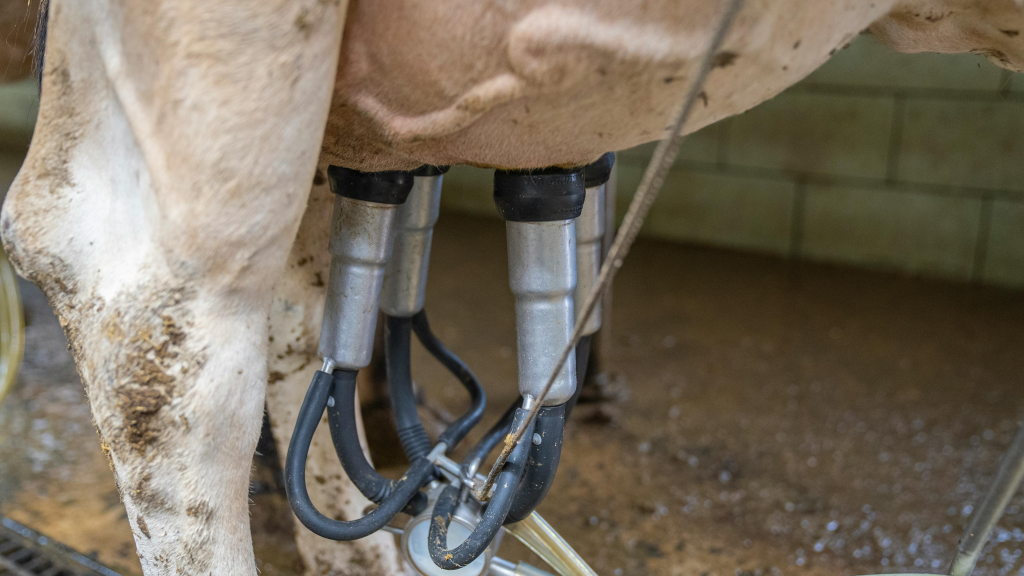
Illinois, Arkansas, Vermont, North Dakota, and Texas allow farmers to sell directly to customers but restrict retail sales. Illinois requires people to have two separate permits before any milk leaves the property. Vermont allows producers under 87.5 gallons weekly to skip permits entirely, with higher volume producers needing additional licensing. North Dakota updated its laws in 2023, welcoming farm sales and farmers’ market distribution while keeping stores off-limits. Texas also requires state permits and health standards for all direct sales. All transactions happen face-to-face with the farmer, ensuring unpasteurized milk quality control.
The Compromise Zone
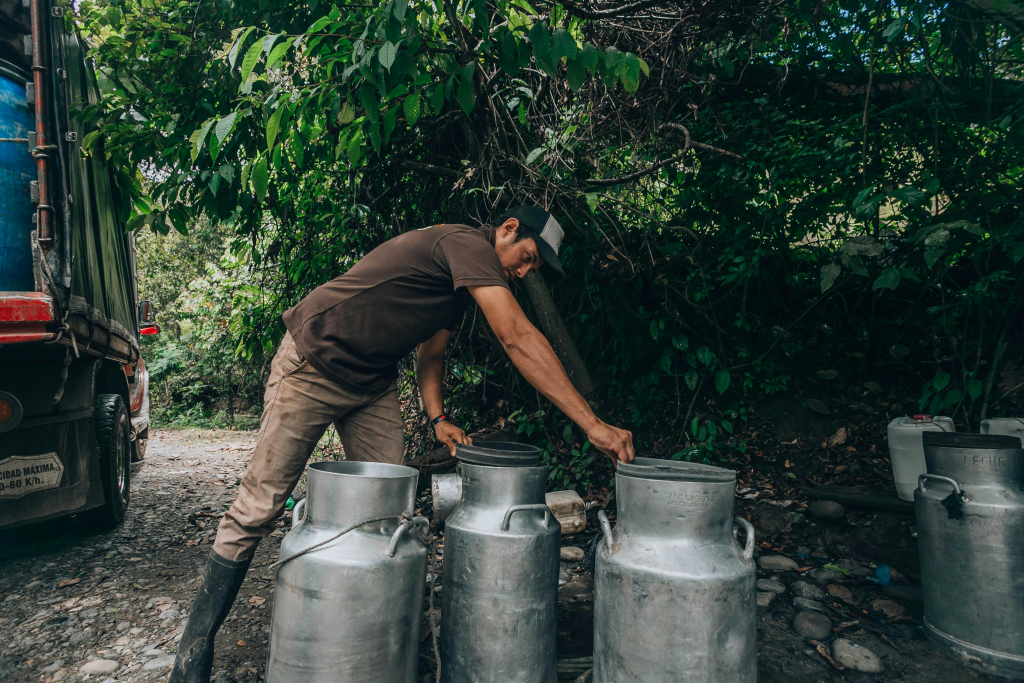
Virginia, Utah, Connecticut, Wyoming, and Indiana offer both farm sales and herd share options. Virginia allows herd shares through state policy while allowing unpasteurized dairy sales labeled as pet food with clear health warnings. Utah tolerates retail sales only when licensed producers own the stores, they also allow herd shares for smaller operations with fewer animals. Connecticut requires a simple registration with agriculture officials for both sales methods. Wyoming permits farm sales with delivery options alongside herd share programs. These states recognize that different consumers prefer different approaches to accessing unpasteurized dairy.
Read More: This Food Is Most Likely To Cause Food Poisoning (And It’s Not Meat)
Jump Through Every Hoop
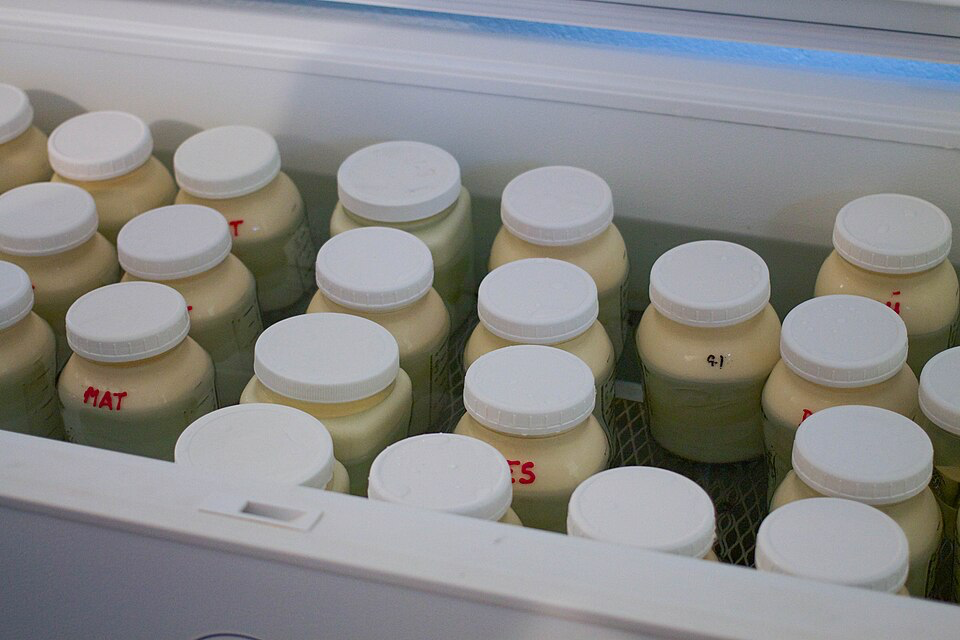
Iowa and Minnesota impose high restrictions on unpasteurized dairy access. Iowa’s 2023 law requires annual vet exams for every animal, monthly pathogen testing, proper refrigeration, seven-day shelf limits, and posting test results at distribution points. Online ordering is not allowed. Minnesota permits only “occasional” purchases for personal use without permits or regular business operations. Food safety researchers note that children under 5, adults over 65, pregnant women, and immunocompromised individuals face the highest risk from raw milk consumption.
Off-Script Solutions
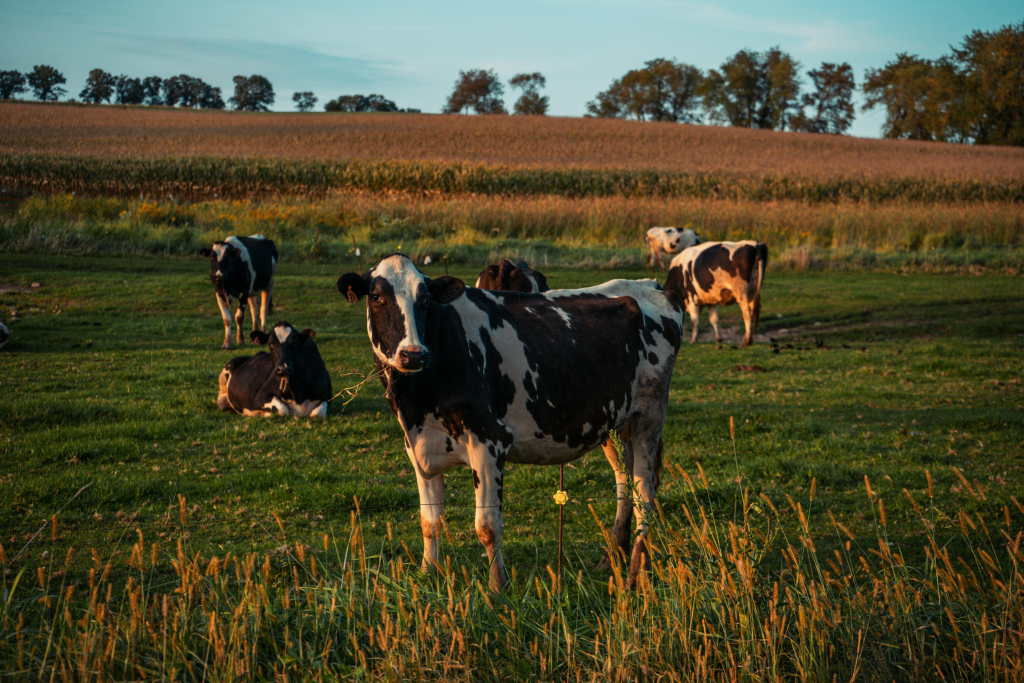
Several states have created unique restrictions or recently changed policies. Georgia reversed course in 2024, legalizing direct-to-consumer sales while maintaining store sale bans after pressure from rural communities. Tennessee allows herd shares and permits pet food sales but prohibits retail sales for human consumption. Florida bans all raw dairy sales for humans despite being an agricultural state. Alabama requires pasteurization for all human consumption. Louisiana mandates standards while permitting raw dairy as an animal feed with proper licensing. Kentucky allows unpasteurized goat milk only with a doctor’s prescription, treating unpasteurized dairy like a controlled substance.
Read More: Is Oat Milk a Scam?
No Local Wiggle Room
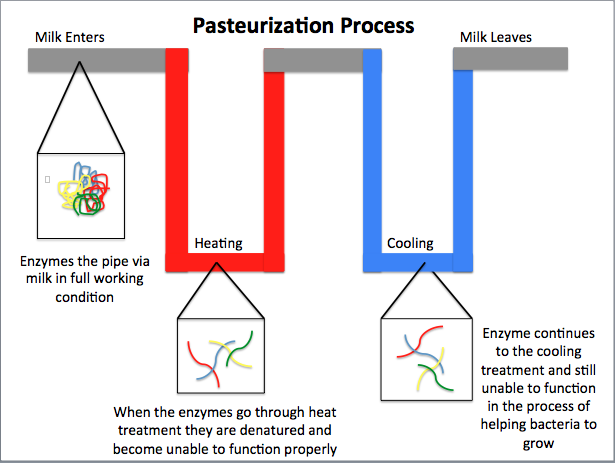
Washington DC follows federal rules requiring pasteurization with no exceptions. Without dairy farms within city limits, the law mainly affects residents who travel to nearby states for unpasteurized milk. Federal data shows over 200 outbreaks linked to unpasteurized dairy between 1998 and 2018, affecting more than 2,600 people and causing 228 hospitalizations. Recent outbreaks include bird flu (H5N1) detected in California unpasteurized milk in 2024, prompting health warnings. Experts warn that widespread raw milk consumption could help avian influenza become the next pandemic agent. University researchers note that complications can include Guillain-Barré syndrome and kidney failure.
The Crackdown Chronicles
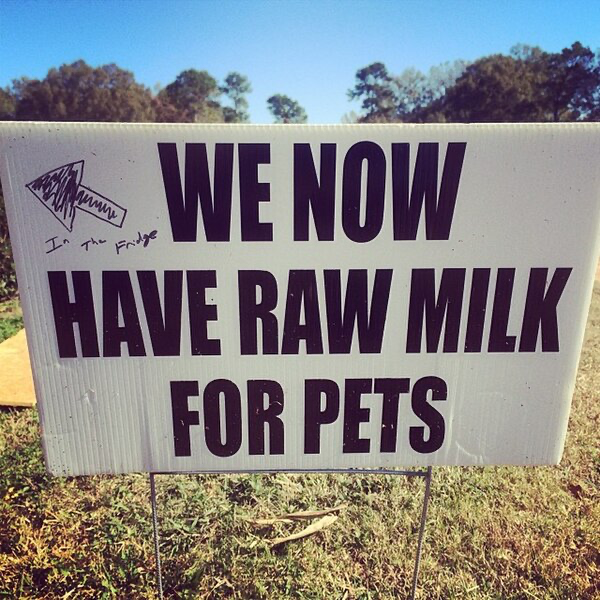
States enforce these bans through health department inspections, fines, and raids on suspected operations. Penalties escalate from hundreds of dollars for first offenses to thousands for repeat violations and criminal charges for persistent violators. Several states have updated policies recently in response to growing consumer demand. Virginia clarified pet food labeling requirements in 2024. Georgia legalized direct sales while maintaining store prohibitions. Delaware expanded farm access while keeping store restrictions. North Dakota passed additional legislation in 2025 expanding unpasteurized milk product sales.
Your Survival Guide
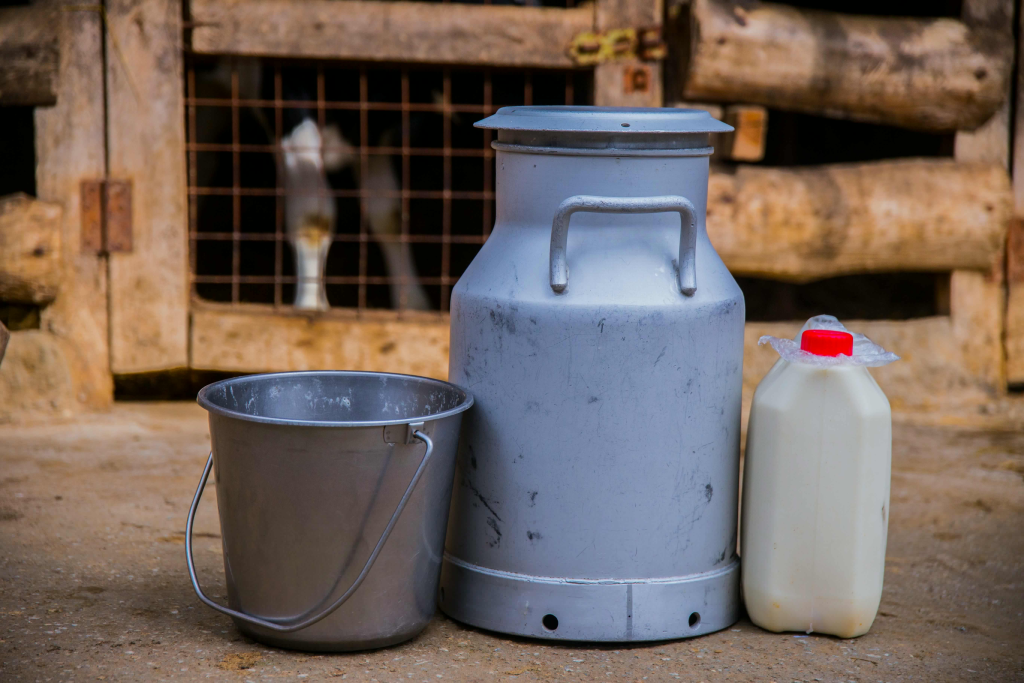
Living in a restricted state doesn’t eliminate your raw milk access, but it does require more effort and planning. Dedicated consumers map farms within driving distance, join cow-share programs, or plan trips to more permissive states. Some families make monthly trips, loading coolers for the journey home. Others commit to herd-share agreements that create community connections around milk consumption. These laws ensure that unpasteurized milk isn’t an impulse purchase next to regular groceries, forcing consumers to be intentional about accepting the health risks involved.
Read More: 22 Calcium-Rich Alternatives to Milk That Are Just as Beneficial
